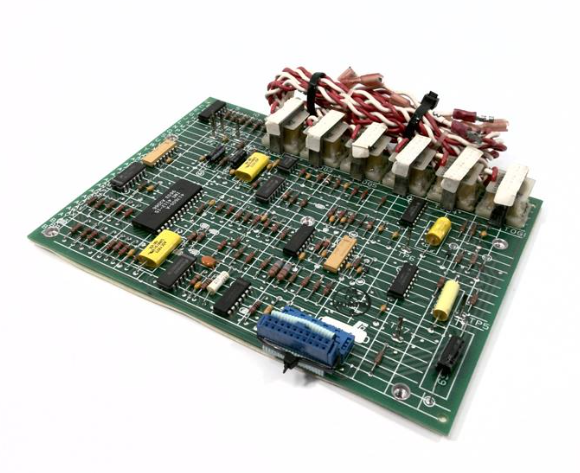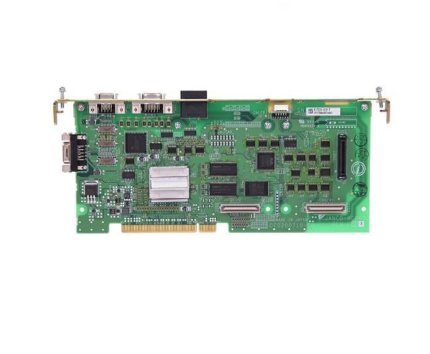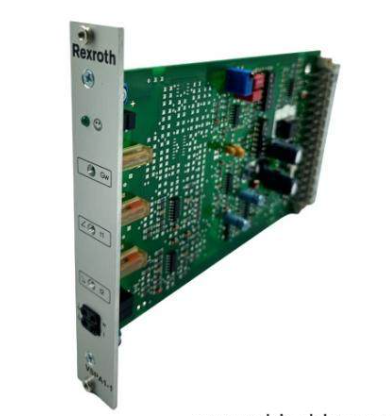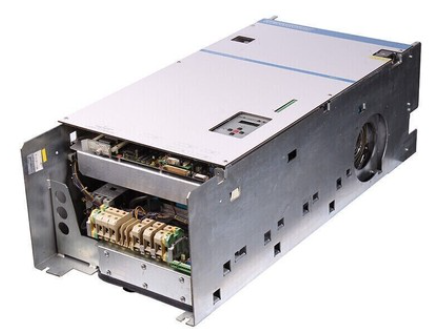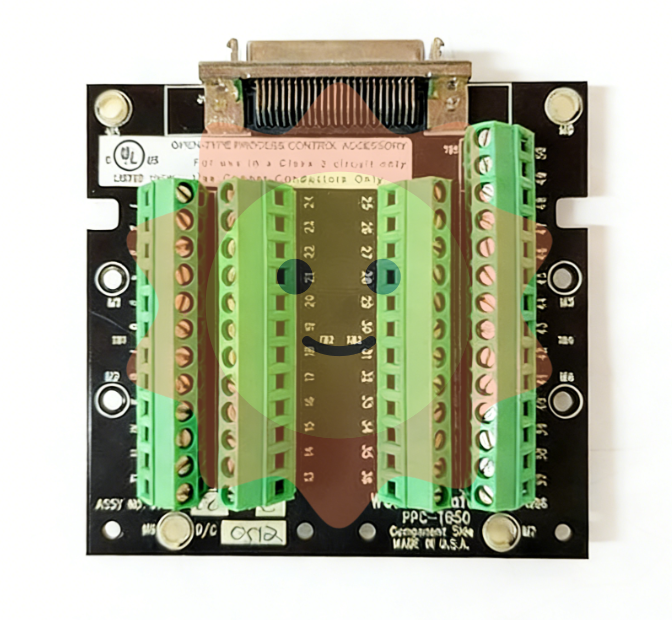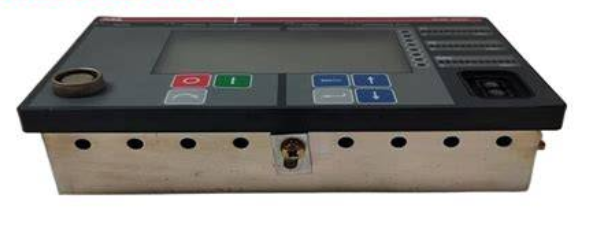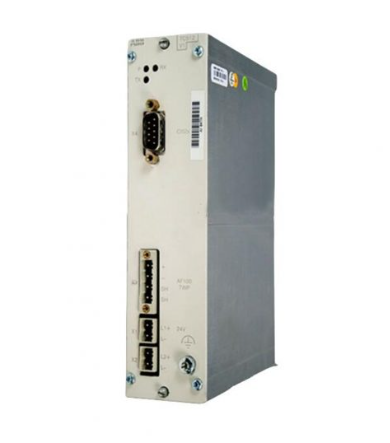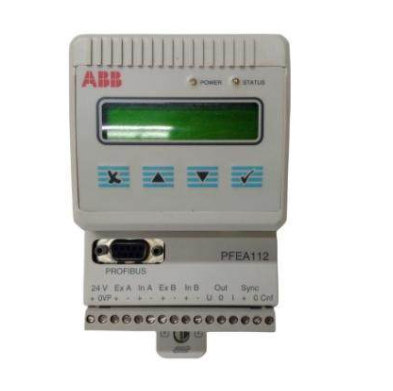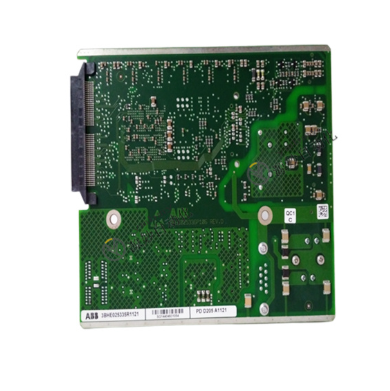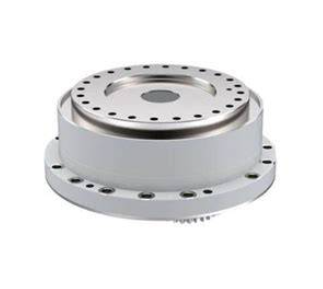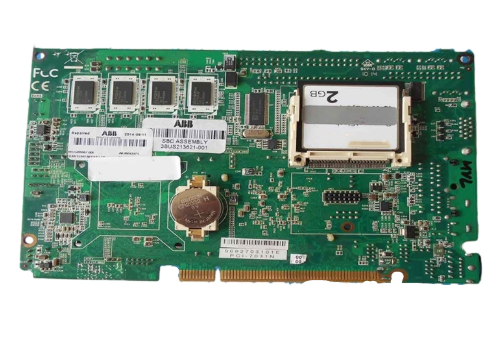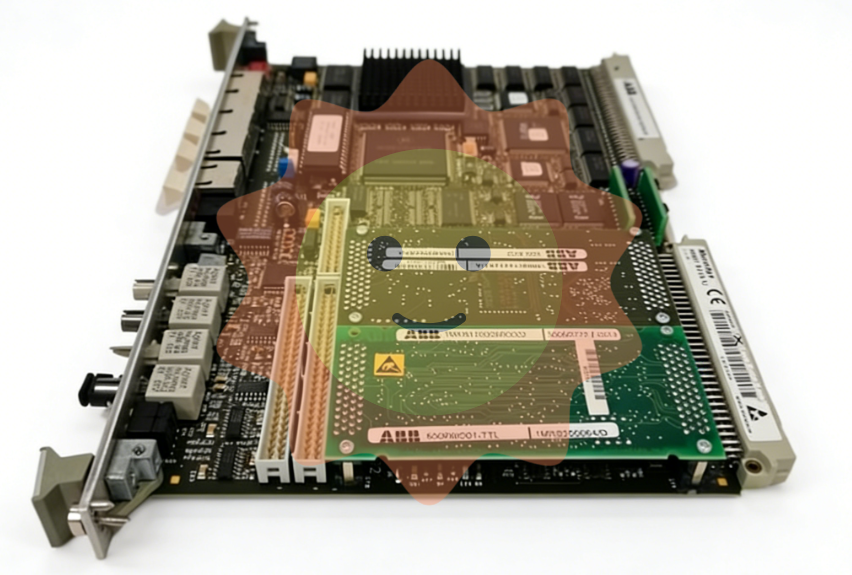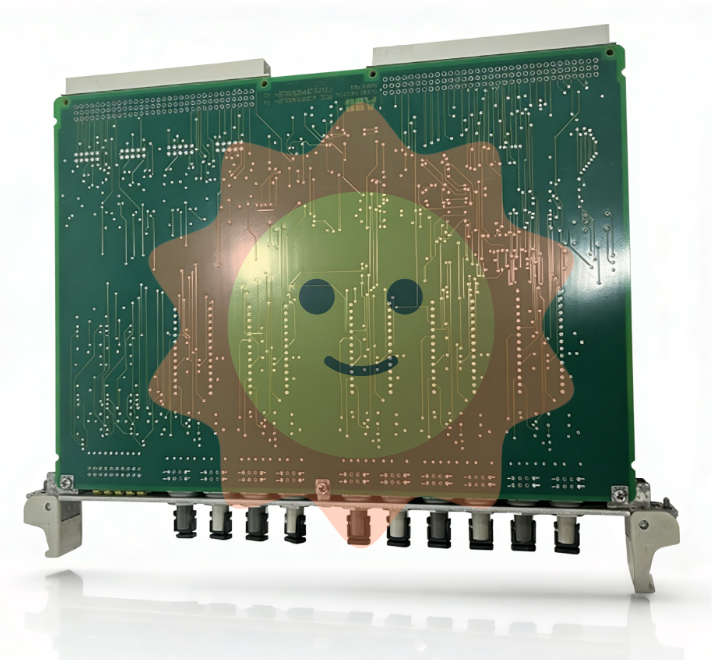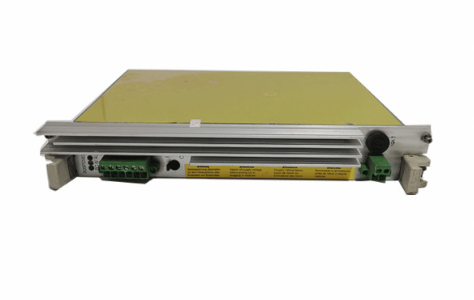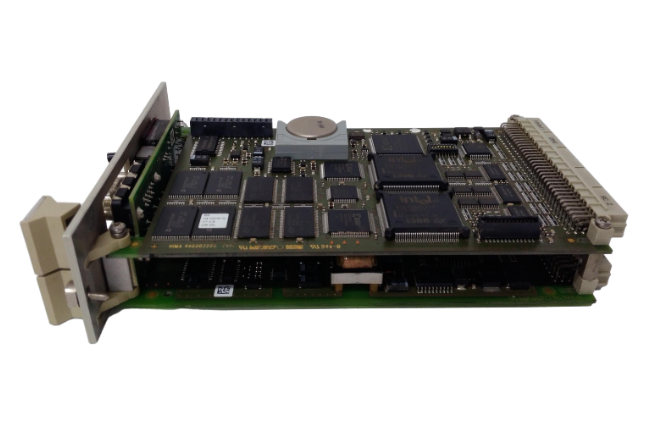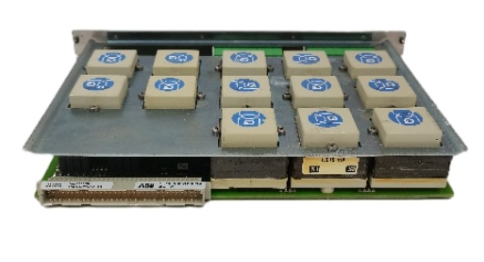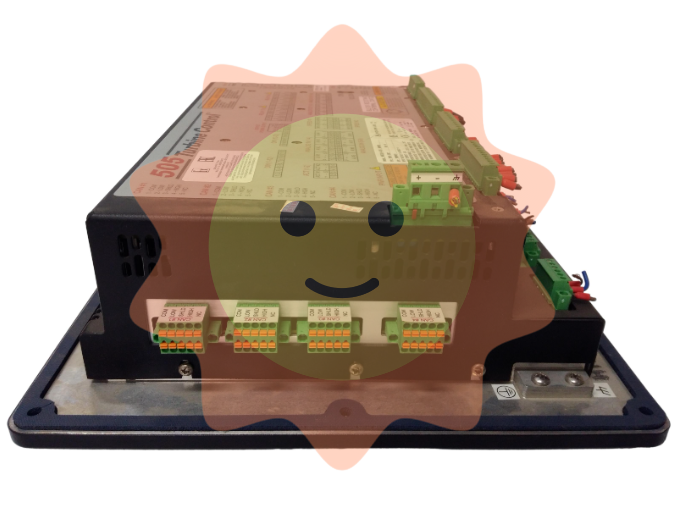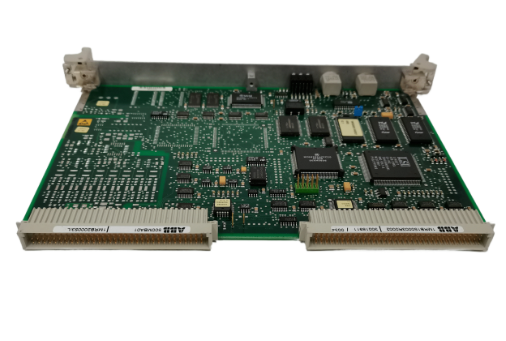ABB ZMU-02 inverter memory card
System underlying data: driver firmware, communication protocol configuration, encoder parameters, and IO expansion options;
Application layer data: user-defined parameter settings, application programs (including customized functions), custom IEC programs;
Equipment status data: motor identification information, real-time operation data, and fault record logs.
ABB ZMU-02 inverter memory card
Product positioning and core functions
The ABB ZMU-02 inverter memory card is a removable storage module specially customized for ABB frequency converters (such as the ACS880 series), positioned as the "central hub" for equipment data management in industrial automation scenarios. Its essence is the functional unit that integrates high-density storage media, which can store all the key data required for the operation of the frequency converter, including but not limited to:
System underlying data: driver firmware, communication protocol configuration, encoder parameters, and IO expansion options;
Application layer data: user-defined parameter settings, application programs (including customized functions), custom IEC programs;
Equipment status data: motor identification information, real-time operation data, and fault record logs.
Function characteristics
Comprehensive data storage: It can store the parameter configuration, operating data, fault records and other information of the frequency converter, providing a basis for equipment operation analysis and fault troubleshooting.
Convenient backup and recovery: It is convenient to backup and restore the settings of the frequency converter, prevent data loss, and quickly restore backup data in case of frequency converter failure or parameter loss, ensuring the continuous and stable operation of the equipment.
Efficient parameter copying: It can quickly copy the parameters of the same model of frequency converter to multiple devices, improve configuration efficiency, reduce manual setting workload and error probability.
Assist in data analysis: By analyzing stored data, the operating status of the frequency converter can be evaluated, faults can be diagnosed, and powerful support can be provided for the development of equipment maintenance plans.
Technical Parameter
Storage capacity: commonly ranging from a few hundred MB to several GB, for example, some products may have 16GB, and there is also an optional 32GB/64GB version (depending on different product specifications).
Interface type: Generally an SD card interface, which has a fast data transmission speed and can meet the real-time requirements for data storage and reading in frequency converters.
Compatibility: Only applicable to ABB specific models of frequency converters, such as ACS880 series products (different series have clear regulations on the compatibility of memory cards, and in actual use, the appropriate model must be strictly selected according to the product manual).
Working environment: The working temperature range is usually wide, such as -25 ° C to+70 ° C, and can adapt to various industrial temperature changes. Has a certain ability to resist electromagnetic interference and can work stably in complex industrial electromagnetic environments.
Storage capacity: Commonly ranging from a few hundred MB to several GB, there are also different specifications such as 16GB (optional 32GB/64GB version) to meet different data storage needs.
Interface type: usually SD card interface, with some mentioning SATA III interface (different information may vary, subject to actual product). The data transfer speed is fast and can meet real-time requirements.
Compatibility: Only compatible with ABB specific models of frequency converters, such as ACS880 series, to ensure stable performance in specific systems.
Application scenarios
Industrial automation system: Used in various industrial automation production lines to backup and restore frequency converter parameters, ensuring that production line equipment can be quickly put into normal operation during upgrades, maintenance, or expansion.
In the field of process control: chemical, power, metallurgical and other process control industries, it is used to backup and restore the parameters of frequency converters in process control systems, maintain the stability and continuity of production processes, and reduce economic losses caused by production interruptions.
Common problems and solutions
Slow data writing speed
Possible reasons: The storage capacity is approaching the upper limit, and a large amount of data storage is causing performance degradation; Device interface version mismatch, such as using SATA II device with SATA III memory card.
Solution: Regularly clean up useless data, free up storage space, and maintain good performance of the storage card; Confirm the device interface version, and if it does not match, upgrade the hardware device interface as necessary to adapt to the storage card.
Memory card overheating alarm
Possible reasons: High ambient temperature or poor ventilation of the device, affecting the heat dissipation of the memory card; Continuous high-intensity data write operations result in the memory card generating a large amount of heat due to long-term high load operation.
Solution: Improve the cooling conditions of the device by adding heat sinks or installing cooling fans to assist in heat dissipation; Optimize data writing strategies to avoid prolonged and high-intensity data writing operations, such as using batch writing methods.
The data encryption function cannot be enabled
Possible reasons: The firmware version of the memory card is too old and does not support the latest data encryption function; The encryption key is not configured correctly, causing the encryption function to fail to start properly.
Solution: Update the memory card firmware to the latest version in a timely manner to obtain complete data encryption support; Use the official tools provided by ABB to generate and correctly configure encryption keys to ensure the proper functioning of encryption functions.
Memory card lifespan expiration prompt
Possible reason: The write/erase frequency of the memory card has reached its design limit (usually about 3000 P/E cycles), and as the usage time increases and write operations become frequent, the memory card gradually ages.
Solution: Immediately backup important data in the memory card to prevent data loss; Timely replace the new memory card to ensure the normal operation of the device's data storage function. Some devices support the use of wear leveling algorithms to extend the lifespan of memory cards, which can be enabled in the device settings (if the device has this feature).
- ABB
- General Electric
- EMERSON
- Honeywell
- HIMA
- ALSTOM
- Rolls-Royce
- MOTOROLA
- Rockwell
- Siemens
- Woodward
- YOKOGAWA
- FOXBORO
- KOLLMORGEN
- MOOG
- KB
- YAMAHA
- BENDER
- TEKTRONIX
- Westinghouse
- AMAT
- AB
- XYCOM
- Yaskawa
- B&R
- Schneider
- Kongsberg
- NI
- WATLOW
- ProSoft
- SEW
- ADVANCED
- Reliance
- TRICONEX
- METSO
- MAN
- Advantest
- STUDER
- KONGSBERG
- DANAHER MOTION
- Bently
- Galil
- EATON
- MOLEX
- DEIF
- B&W
- ZYGO
- Aerotech
- DANFOSS
- Beijer
- Moxa
- Rexroth
- Johnson
- WAGO
- TOSHIBA
- BMCM
- SMC
- HITACHI
- HIRSCHMANN
- Application field
- XP POWER
- CTI
- TRICON
- STOBER
- Thinklogical
- Horner Automation
- Meggitt
- Fanuc
- Baldor
- SHINKAWA
- Other Brands










